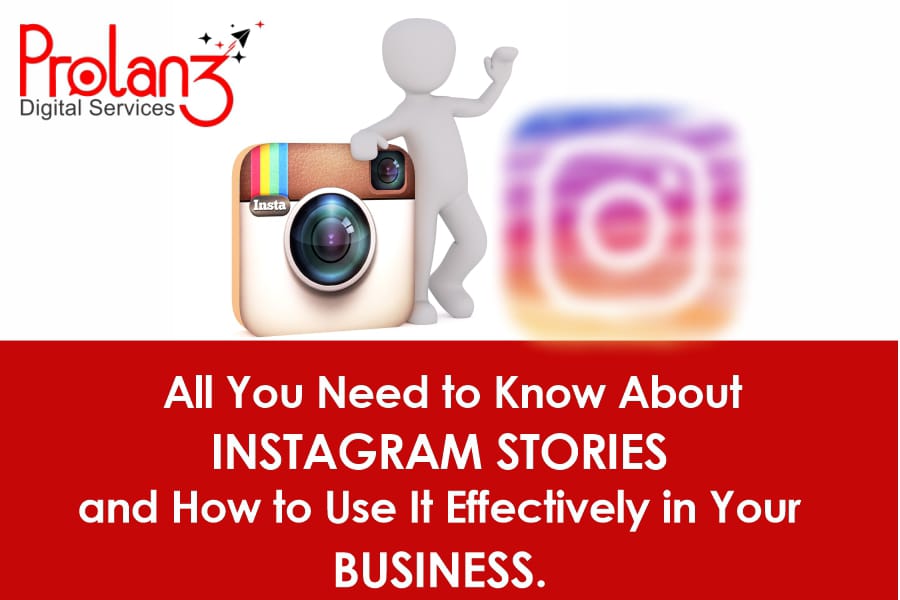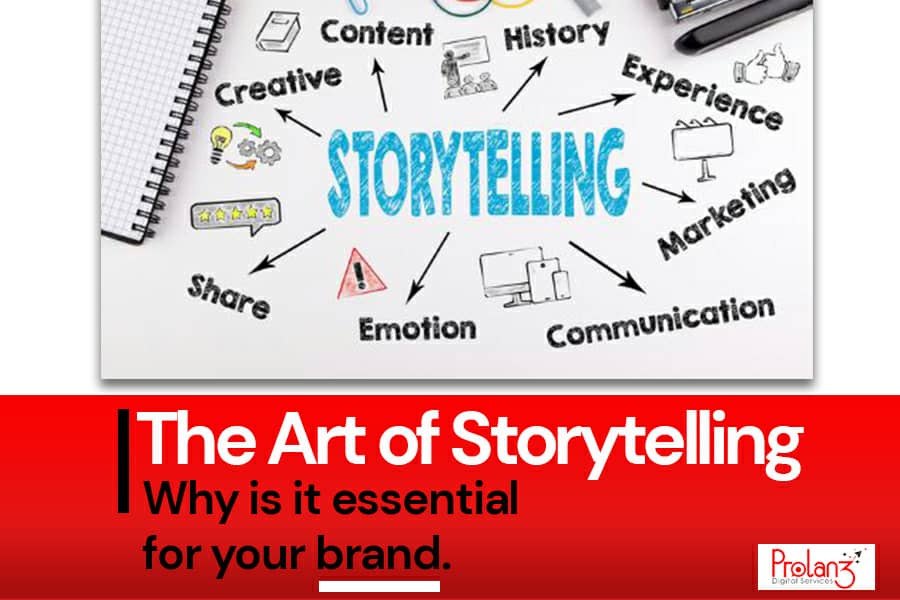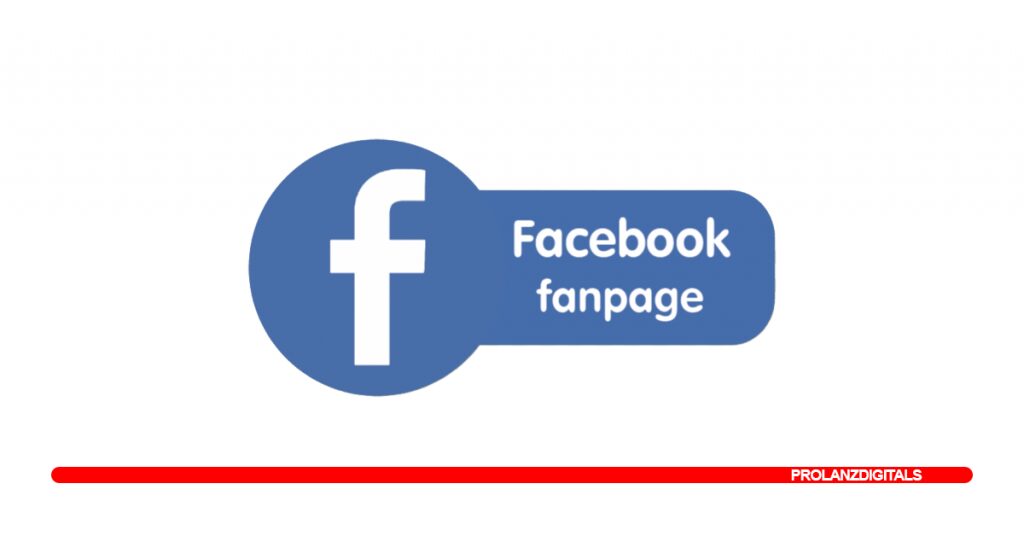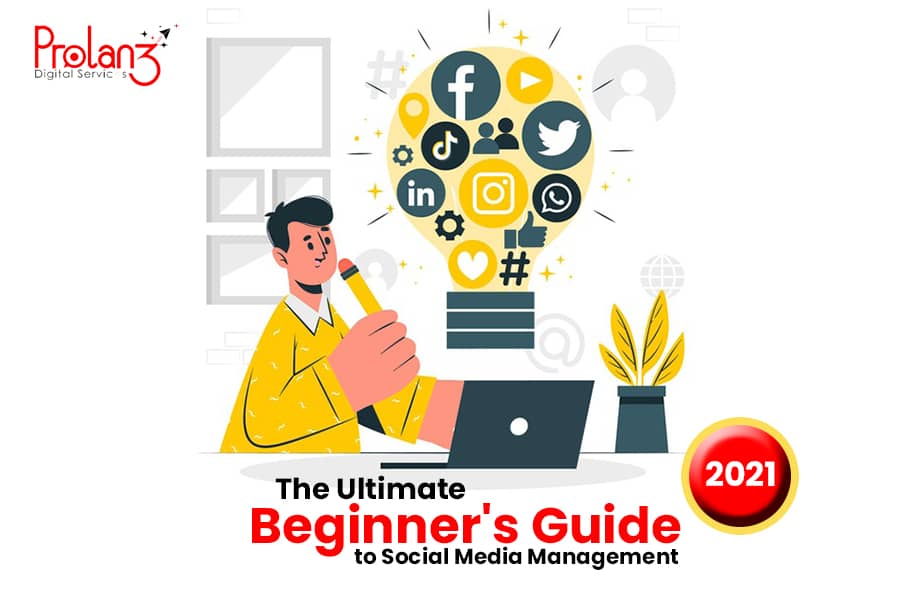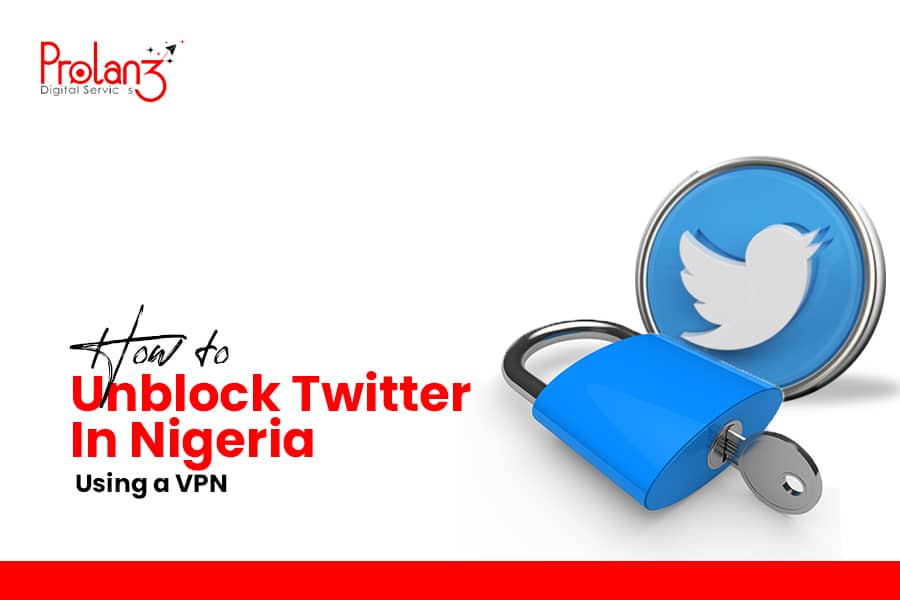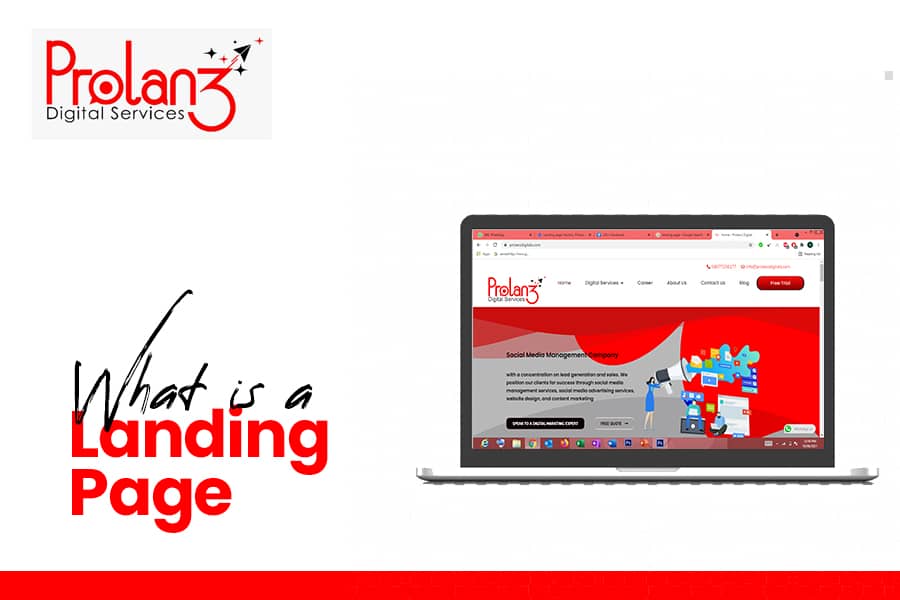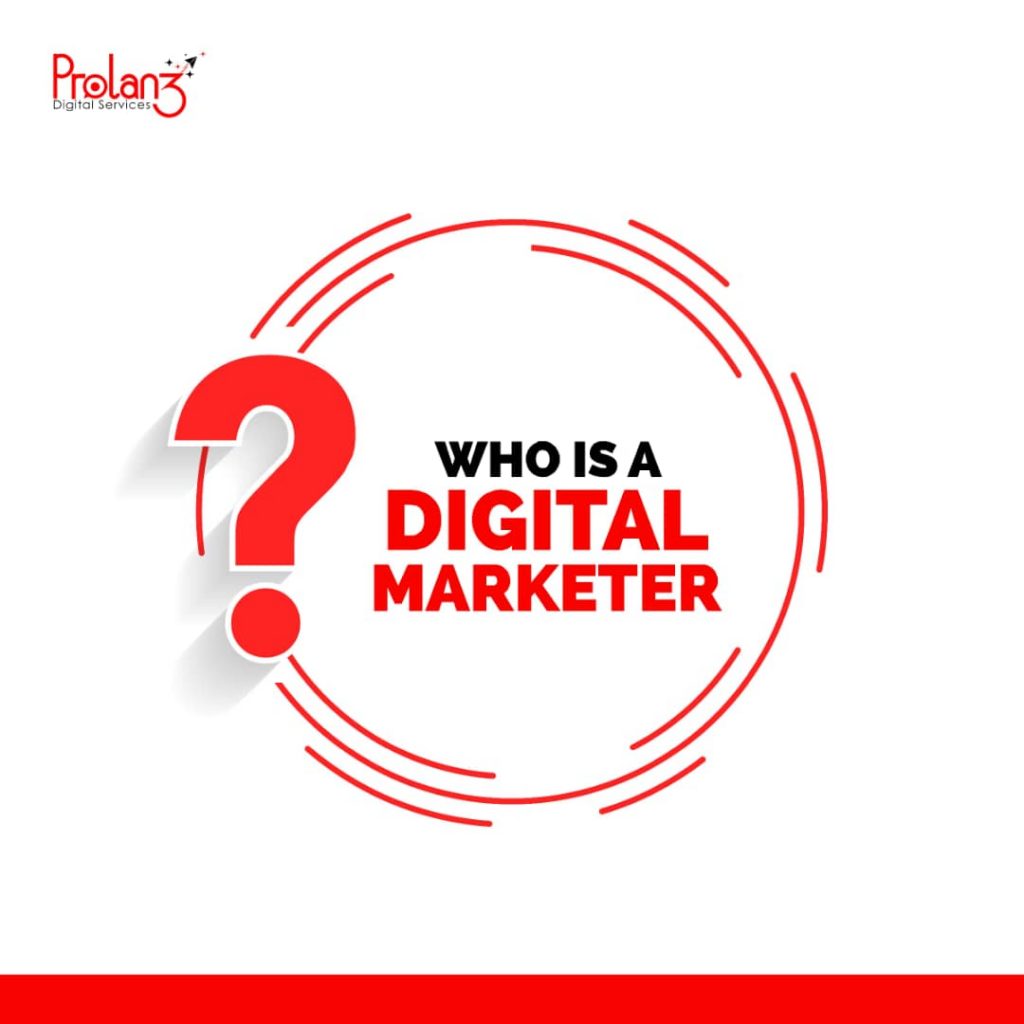 Who is a digital marketer?
Who is a digital marketer?
Digital marketing has its own industry niche where the required qualifications go beyond basic marketing strategies and creative skills.
If you are considering entering the digital marketing industry, understanding the skills required and what digital marketers do is a good place to begin.
The Digital Marketer Defined
In general terms, a digital marketer is responsible for using digital channels to generate leads and build brand awareness.
Digital marketing is a distinct industry with its own set of requirements that go beyond basic marketing techniques and innovative abilities.
Understanding the skills needed and what digital marketers do is a good place to start if you’re considering a career in digital marketing.
The Concept of a Digital Marketer
In general, a digital marketer is responsible for generating leads and the brand recognition across digital channels. The following are examples of digital channels
✔️Company websites
✔️Social media
✔️Search engine rankings
✔️Email marketing
✔️Online display ads
✔️Corporate blogs
Aside from that, the digital marketer must use observable analytics to recognize flaws and increase efficiency across these platforms. You can be in charge of all facets of a company’s digital strategy, or you can concentrate on only one.
Smaller businesses typically have a single general specialist or manager, while larger businesses may distribute roles across an entire team or even multiple divisions.
This (general specialist) is in charge of attracting relevant customers in order to boost brand awareness [and] trust, as well as drive purchasing intent.
A digital marketer’s overall skills and fields of specialization include:
Video: Getting people’s attention online is difficult. Video improves interest while also ranking higher on Google, according to statistics. You don’t have to become a video producer; instead, concentrate on the fundamentals of video production. When applying for digital marketing jobs, learning how to write scripts, use platforms and apps to make videos, and what works in videos can help you stand out.
Search engine optimization (SEO) and search engine marketing (SEM): Digital advertising are powered by online searches. To work in the industry, you must understand search engine optimization (SEO) and search engine marketing (SEM). You don’t have to be concerned about the technical aspects of the back-end here. It’s all about comprehending the significance of SEO and industry best practices. That is the foundation of every digital marketing or content management campaign. Understanding how SEO and SEM impact your online efforts will allow you to collaborate with the rest of your digital team without appearing to be in the wrong line of work.
Content Marketing: Whether it’s a website, video, social media, or blogging, content is used to attract and engage consumers. It may also apply to anything that can be accessed via the internet, such as whitepapers, case studies, how-to booklets, and other tools. Understanding the various aspects of content, including how it is made, how it is successful, and how to best use it, will provide you with a wealth of knowledge for almost any digital marketing function. You’ll need to know how to use content, including social media, to help a company achieve its objectives. You may also need to consider content management and research, depending on the level of work you seek in the digital marketing industry.
Google Analytics is at the heart of many aspects of digital marketing. You can track reports, but how you use the details you find is more critical. You can improve conversions and drive traffic by monitoring promotions and applying results based on customer behavior. Data collection and analysis are also critical, as the data generated by today’s companies is like a gold mine that must be used in new ways to attract and maintain new customers.
User Experience is the Secret to Effective Digital Marketing, according to Design Theory.
Design thinking is important because it teaches businesses how to engage consumers in the most efficient way possible, but it also has other benefits. This can include items like using online shopping sites, accessing details, and other services your company can provide, such as personalized apps.
You must learn to see beyond the ideas that are presented to you and anticipate the problems that can arise. You must be able to make suggestions based on your instincts and ensure that your suggestions are feasible.
Technology is the driving force in the modern world, so you’ll need to know what the most up-to-date technology is and how it’s used. You must adjust rapidly to industry shifts and anticipate what is to come in order to keep the digital marketing strategies current. You must find it easy to use technology, and you must not be frightened by change. A basic understanding of web coding and Content Management Systems (CMS) systems is needed regardless of where you choose to start (or end) your career.
Understanding Customer Engagement: Now, more than ever, you’ll need to know how to engage a customer effectively. To come up with creative campaigns that will help the company expand, you’ll need a lot of persuasion skills. You must comprehend what motivates today’s customer to make a decision and turn into a buyer.
Getting people to join your social media accounts isn’t enough. You must also convince from the inside out. Your team, fellow agencies, and leaders would need to be reassured that investing the money in the right place is the best option. The best way to keep them is to consider all facets of SEO, content, and the latest technologies, as well as what they react to.
Positions in Digital Marketing That Are Popular :
There are several career paths you can choose from if you want to be more detailed about the types of positions available in digital marketing, including:
SEO Manager: As an SEO specialist, you can use your skills to help drive content and develop a company’s content in this role. Your feedback will be used to keep content creators on track and provide useful insight into the plan needed to improve Google and social media efficiency.
Content Marketing Specialist: In this role, you will be the content developer, developing a plan and, in some cases, a strategy to improve traffic and Google rankings. You’d make a strategy about how you’d use different types of media, such as film, blogging, and social media. You might work in the marketing department and report to an SEO Manager, using the SEO team’s keywords to enhance the effectiveness of your content.
A social media manager will concentrate on social media, developing an appropriate posting schedule and managing or, in some cases, designing the posts. A crossover is always possible, in which case you might work with a content marketing expert, SEO experts, or other professionals.
Marketing Automation Coordinator: The effects and outcomes of a marketing campaign will be the focus of this role. It’s also a more technologically oriented place, where you’d be looking for the best tools to aid in the discovery of important consumer habits. While monitoring campaign results, you will be interested in calculation and statistics.
Digital Marketing Manager: You will be in charge of designing the overall content plan as well as marketing strategies in this role. Your task will include raising brand awareness while driving traffic in order to attract new customers. To maximize your digital marketing activities, you’ll be expected to keep up with emerging technologies on a regular basis. Analysis of your marketing efforts will also be required in order to track the results of your campaigns.
Digital Marketing Leadership
Digital marketing is ever-changing and necessitates a forward-thinking attitude. You must be a trailblazer, always advocating for the most recent market shifts. You must also be a team player who is able to partner with other departments.
An understanding of branding is also required, as you will be required to create an online presence that represents the brand. You’ll need to look at data and learn how to extract the relevant information to keep your plan solid, so an analytical mind can come in handy. In a nutshell, you must be firm in your conviction that digital marketing is king, stay current to back up your claims, but still be flexible.
Leadership in digital marketing necessitates the opportunity to influence others and produce outcomes through cooperation. To create compelling offers and drive development, you must be able to collaborate with colleagues and contacts at all levels of an organization.


